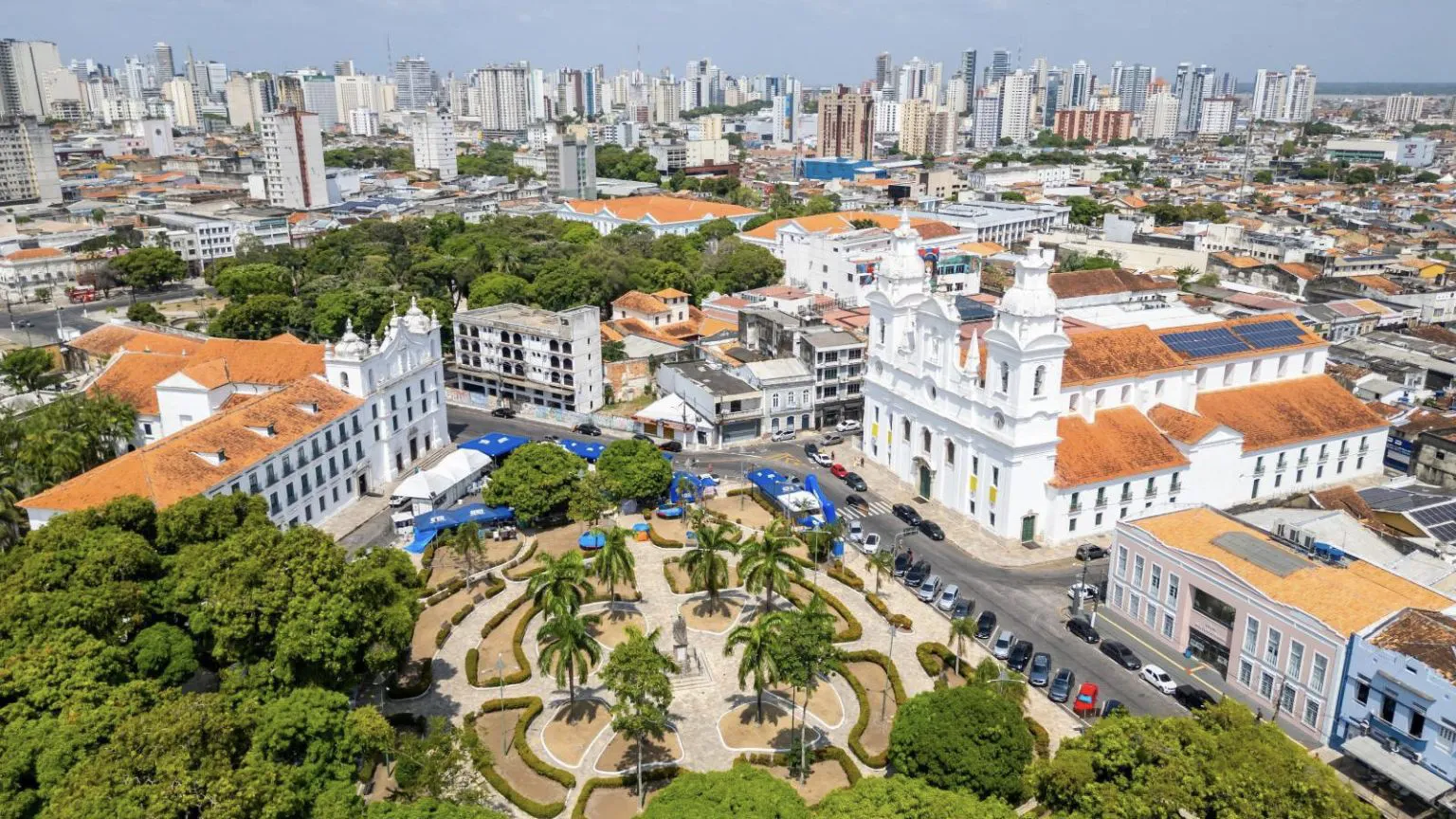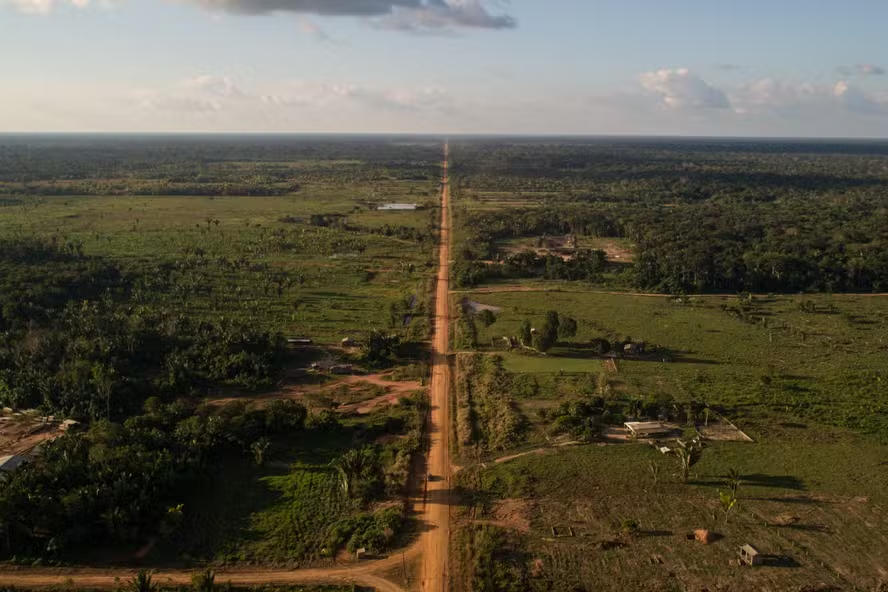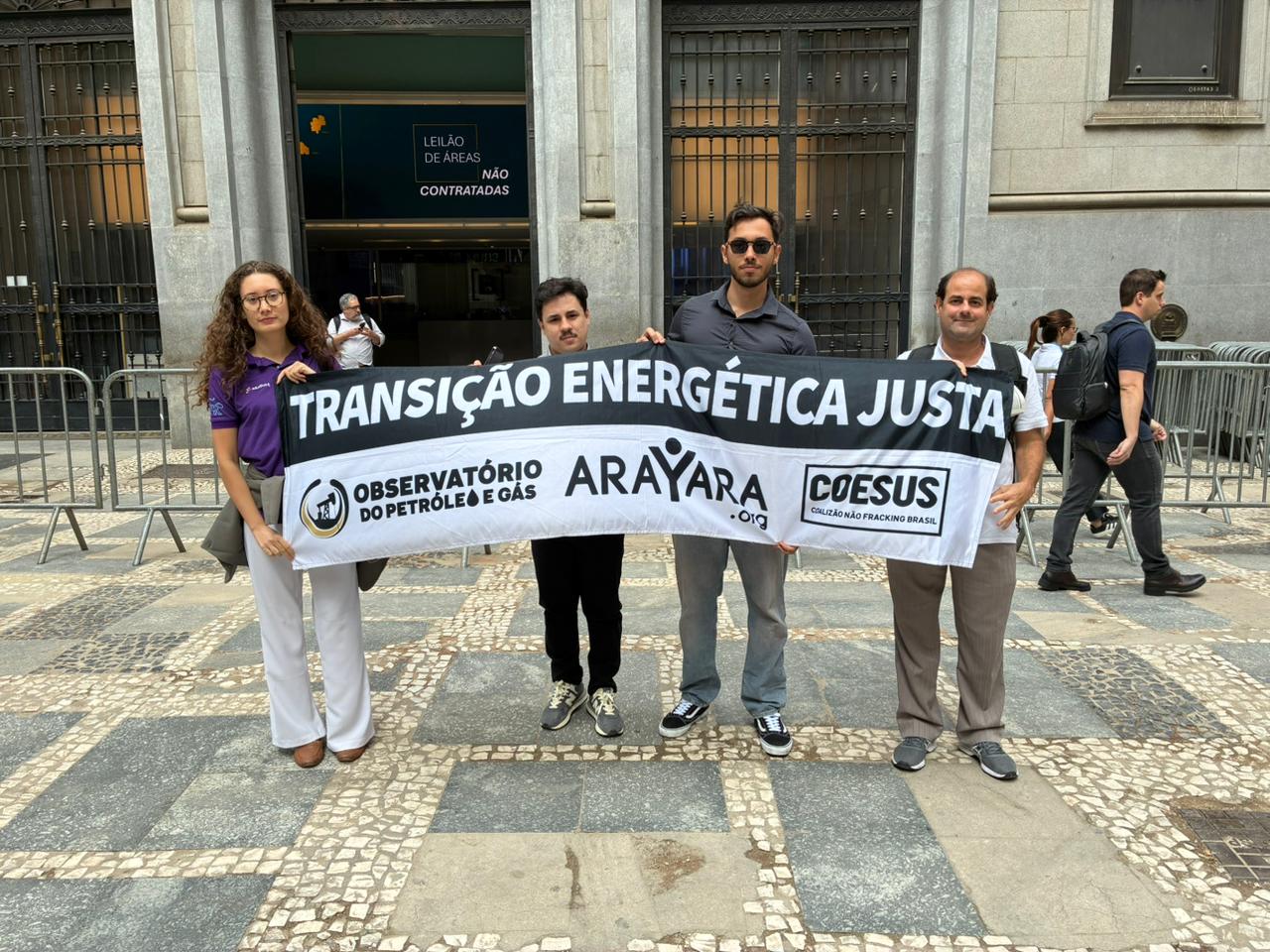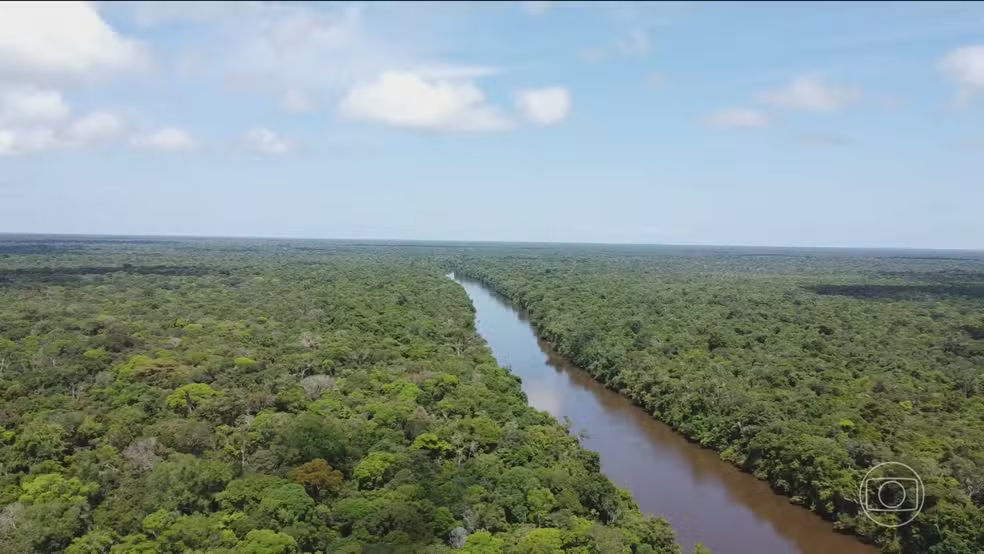As the global climate movement turns its attention to COP30 in Belém, Brazil, thousands of advocates, researchers, and frontline defenders are preparing to gather for what could be a pivotal summit.
While these international spaces are crucial for collective action and policy influence, they also bring real security challenges – especially for participants from marginalised communities or those leading advocacy efforts.
Civic space has shrunk in Brazil in recent years – particularly in areas where environmental and Indigenous rights defenders confront powerful political and economic interests. Threats, surveillance, criminalisation, and violence against grassroots activists have been documented, particularly across the Indigenous, Quilombola, land and environmental defenders.
To support the safety and wellbeing of participants, Open Briefing has again joined with Global Climate Legal Defense (CliDef) on a free resource for those attending the summit. Together with the Arayara International Institute, we have produced the COP30 Guide: Brazilian Context and Holistic Security for COP Participants. This resource offers legal, physical, and digital security guidance tailored to Belém and the surrounding region – so you can engage with confidence before, during, and after COP30.
Security challenges at major international events like COP30 don’t exist in isolation. Physical, digital, wellbeing, legal, and reputational threats often intersect – especially for those with visible advocacy roles.
Rather than applying a one-size-fits-all model, our COP30 Guide encourages participants to reflect on their personal and collective risk profile, the local context in Brazil, and their specific roles around the summit.
Whether you’re organising a side event, participating in protests, or attending negotiations, taking time to reflect on your security needs is essential for setting your holistic security foundation.
Understanding the Brazilian context
The Brazilian government has been a strong advocate for hosting this conference, and overall, Brazil does not have a record of systematically targeting international activists at official events. Most delegates can generally operate safely within the UN-designated conference zones.
However, those with histories of direct action or affiliations with groups that are criminalised locally may attract additional scrutiny – particularly during solidarity activities. At the same time, we should remain mindful not to inadvertently increase exposure to risk of our local partners and activists through our engagement.
Participants should also be aware that common urban safety concerns, such as petty theft, robbery, and transport-related accidents, are present in Belém and other Brazilian cities. Even simple precautions – like understanding the local context and how your planned activities or perceived identities might shape your risk – can significantly reduce avoidable health and safety issues.
The guide also reminds participants to be aware that:
- Safety strategies that work at home may not be sufficient in Brazil.
- UN accreditation does not completely shield you from risk.
- Your actions, presence, or communications may be observed and impact the safety and security of local partners and activists.
- Be aware that personal traits such as race, gender, or nationality may increase your exposure to risk due to structural racism and other forms of discrimination in Brazil.
Key risks to consider
Before travelling, it’s therefore helpful to assess your baseline risk – that is, the existing risks you face regardless of attending COP30, and how your participation might increase them.
Start by asking yourself:
- What could realistically go wrong during my travel or stay in Brazil?
- How vulnerable am I to these risks based on my identity, role, or visibility?
- How would a security incident affect my work, wellbeing, or collaborators?
Some of the risks highlighted in the COP30 Guide include:
- Reputational attacks, especially for high-profile campaigners.
- Intimidation from interest-driven, non-state actors with capacity to obstruct or intimidate such as local economic actors, their intermediaries, and illicit groups.
- Post-conference surveillance or retaliation, particularly for participants from countries where civic space is curtailed or obstructed
- Online and in-person harassment, particularly targeting individuals from marginalised groups.
- Theft or robbery of phones, bags, or equipment in public or crowded areas, or unattended in accommodation.
- Medical issues, such as food poisoning, dengue, or Zika – particularly when traveling to inland regions of the Amazon
- Traffic or boat accidents, especially when traveling between cities or remote locations.
CliDef has also published a summary of the top 10 risks to consider at COP30.
Heightened risk exposure
Security risks are not evenly distributed. To better understand your exposure, ask yourself:
- Who might oppose my work or presence at COP30? What resources or networks do they have?
- Does my identity (e.g. gender, race, nationality, disability, or sexual orientation) increase my visibility or vulnerability?
- Does my actions, presence or communication can impact the safety and security of local activists and partners?
Understanding how your identity intersects with the local context is a crucial step in preparing for a safe and productive experience.
Resilience is resistance
COP30 is a crucial moment for climate action. Everyone has the right to participate in safety and dignity.
Whether you’re a seasoned defender or a first-time attendee, understanding your personal and collective risks and adopting holistic security strategies can make a meaningful difference.
Renata Oliveira, associate director of safety and security at Open Briefing, contributed to production of the COP30 Guide and led sessions on holistic security as part of webinars with CliDef and the Arayara International Institute in the lead up to COP30. Reflecting on the importance of this work, she said:
“Effective climate action starts with security and collective care. When we make space for environmental defenders to work safely and be heard, we build a more just and resilient movement for everyone, which benefits the whole society.”
Betsy Apple, executive director of CliDef shared: “These are dangerous times for climate defenders, who risk reprisals from governments and corporations alike as they challenge the energy status quo. And that won’t stop just because the eyes of the world are on Brazil for COP 30.”
Fonte: Open Briefing
Foto: Reprodução / Open Briefing
















